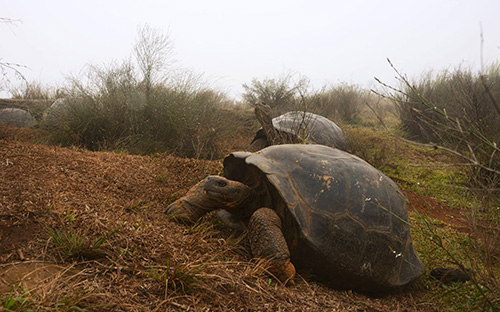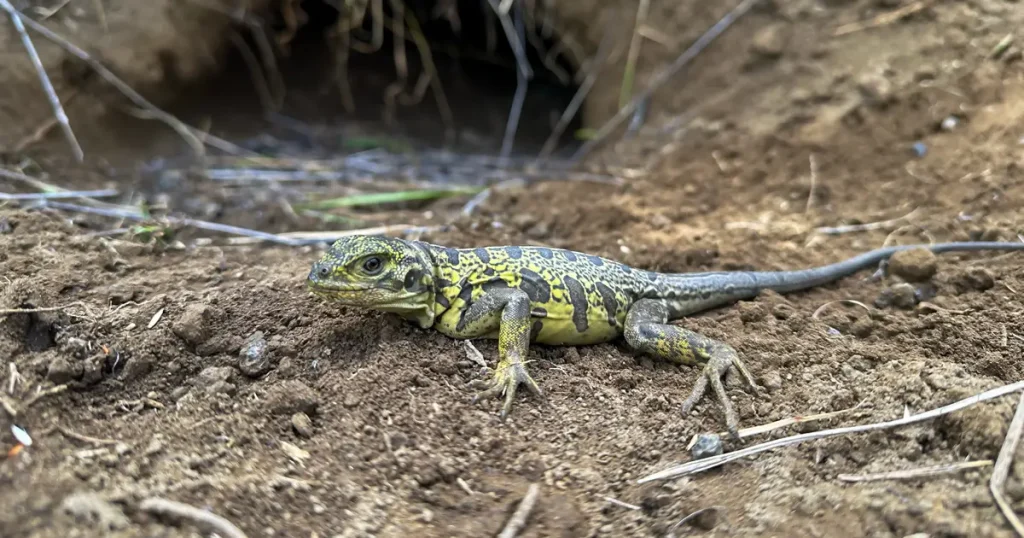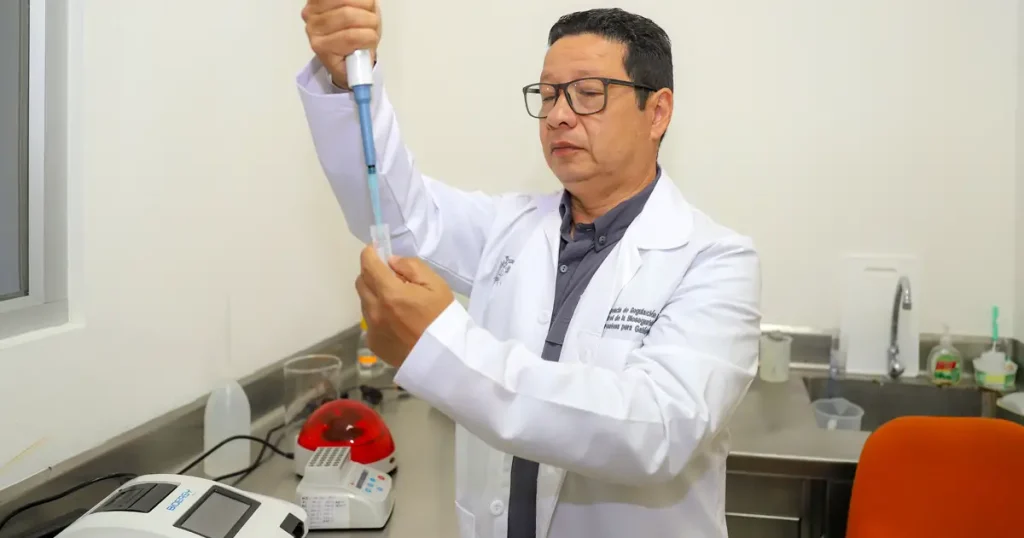First Expedition to Monitor the Giant Tortoise Population of Alcedo Volcano Begins
Park rangers and scientists from the Galápagos National Park Directorate and Galápagos Conservancy will carry out the first intensive population monitoring of the giant tortoises of Alcedo volcano, in the northern region of Isabela Island, between January 17 and 24 as part of the Giant Tortoise Restoration Initiative (GTRI). The goal of this expedition is to conduct a census of the giant tortoise species Chelonoidis vandenburghi, which is listed as “Vulnerable” by the IUCN Red List of Threatened Species, and estimate the overall conservation status of the region following various successful restoration measures that have been implemented over the years.

As part of the monitoring plan, the research teams will take counts and obtain data such as distribution, sex, age, nests and hatched tortoises (at this time); among others. They will also note the possible presence of invasive species such as cats and fire ants, as well as threatened species such as the Galápagos tree fern.
Danny Rueda, director of the Galápagos National Park, stated: “Knowing the population status of the largest natural herbivore on Alcedo will allow us to better understand the process of ecological restoration in this area following the eradication of feral goats, which among other damages caused the presumed extinction of the tree fern, a threatened endemic plant that was present at the site.”
Washington Tapia, director of the GTRI, explained that this action will take place in an area of approximately 200 square kilometers and will consist of eight groups of three people distributed in the north, south and east areas of the volcano, where more than 90% of the tortoise population is concentrated. The teams will use a mark-recapture method to estimate the population with 95% accuracy.
This expedition has been developed with strict management of COVID-19 security protocols, such as PCR tests of the research team and crew of the Sierra Negra boat and the use of a masks and social distancing, in addition to complying with the field protocols of the Galápagos National Park.
View current climate conditions on Alcedo
Photo credit: GNPD



